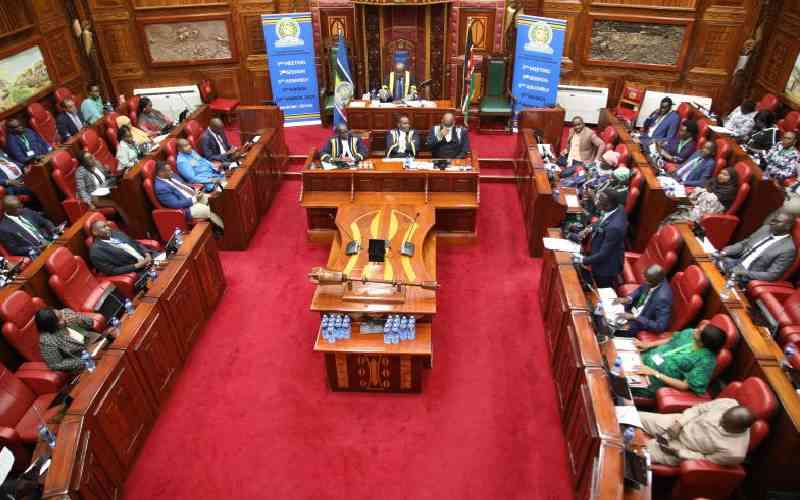×
The Standard e-Paper
Truth Without Fear

Audio By Vocalize

Members of Parliament have a vital role in the domestication process of the African Continental Free Trade Area (AfCTA) by ensuring the enactment of necessary legal frameworks for effective implementation.
AfCTA Secretary General Wamkele Mene told a joint sitting of the Committees of Trade for the Senate and National Assembly that there is need to pass laws that incorporate the AfCFTA into national legislation.